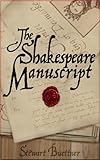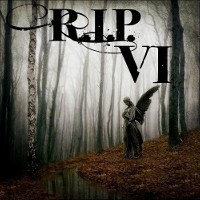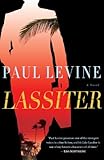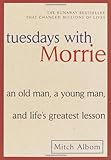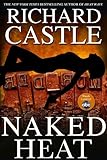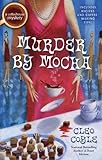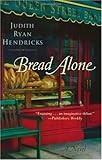
When we think of monsters – not monstrous people or monstrous acts – but Hollywood-style monsters, two of the first that come to mine have to be Frankenstein and Dracula.
Two years ago, as part of an English/Literature tutorial for a friend’s son, we studied Bram Stoker’s Dracula, and noted the differences in the way the character was written and the way he’s appeared since. For example: Dracula can walk about during the day, but his powers are limited to that of an ordinary person; his powers include the ability to take the forms of bat or wolf, fog, or elemental dust.
Then, too, there’s the ending – or rather, the ending of the Count, not quite the ending of the novel:
By this time the gypsies, seeing themselves covered by the Winchesters, and at the mercy of Lord Godalming and Dr. Seward, had given in and made no further resistance. The sun was almost down on the mountain tops, and the shadows of the whole group fell upon the snow. I saw the Count lying within the box upon the earth, some of which the rude falling from the cart had scattered over him. He was deathly pale, just like a waxen image, and the red eyes glared with the horrible vindictive look which I knew so well.
As I looked, the eyes saw the sinking sun, and the look of hate in them turned to triumph.
But, on the instant, came the sweep and flash of Jonathan’s great knife. I shrieked as I saw it shear through the throat. Whilst at the same moment Mr. Morris’s bowie knife plunged into the heart.
It was like a miracle, but before our very eyes, and almost in the drawing of a breath, the whole body crumbled into dust and passed from our sight.
I shall be glad as long as I live that even in that moment of final dissolution, there was in the face a look of peace, such as I never could have imagined might have rested there.
The Castle of Dracula now stood out against the red sky, and every stone of its broken battlements was articulated against the light of the setting sun.
More than one more modern author, among them Fred Saberhagen, has looked at this death scene, and noted that since 1) You can’t kill a vampire with a knife, and 2) Dracula crumbled into dust, he was not actually killed at the end of the novel. A novel, which by the way, he appears on only 58 pages of. The rest of the 200+ pages are spent talking about him, his powers, his deeds, and everyone else’s life. Like the shark in Jaws, Dracula-the-character is scariest when we don’t actually see him.
But Dracula was a past project.
For the last month, I’ve been reading mysteries, partly because I love them, but partly because it’s autumn, and I think mysteries go well with lengthening shadows and crisper evenings, but the book I began this morning takes me back into classic monster fare.
It’s Mary Shelley’s Frankenstein, which, I’m almost embarrassed to admit, I’ve never actually read. I remember seeing Boris Karloff as the Monster in the old movie, and being chilled at the scene with the little girl, the Monster, and the flower. I remember reading riffs on Frankenstein, and of course I know that Rocky Horror for all its silliness is still derivative of Shelley’s work.
So as the nights lengthen further, the weather grows cooler even where I live, in Texas, and the shadows turn into puppet creatures beckoning us to explore the dark and deep parts of our psyches, I’m about to take a break from conventional mysteries and thrillers, leave the comfort of cozy novels, and begin reading Frankenstein.

 Booking Through Thursday asks…
Booking Through Thursday asks…
